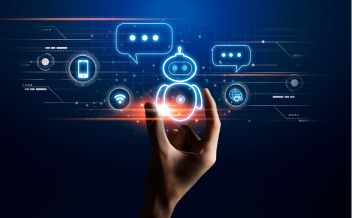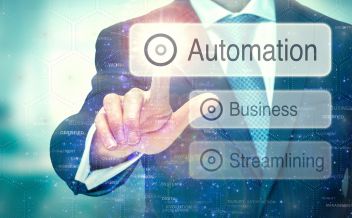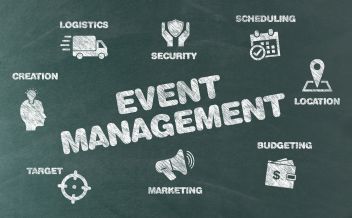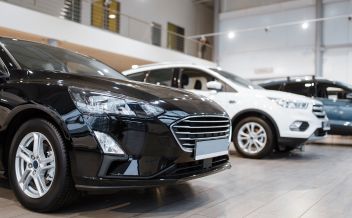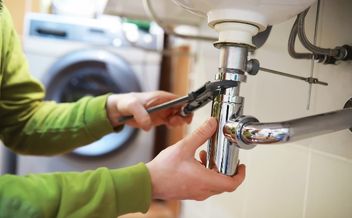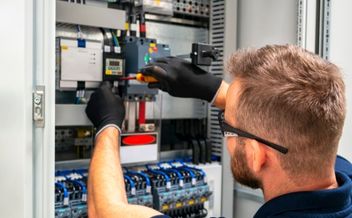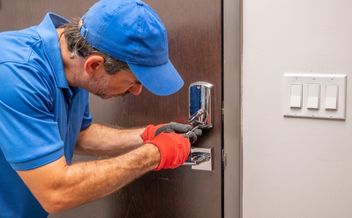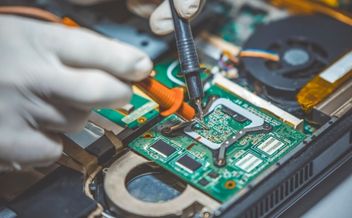Practical Strategies: How AI Can Drive Cost Savings in the Hotel Industry
The hospitality industry is a sector that's always on the lookout for innovative ways to improve its bottom line. One such innovation that's creating ripples is artificial intelligence (AI). Believe it or not, AI has the potential to revolutionize the hotel industry, especially when it comes to saving money. Now, let's dive into the specifics of how hotels can save money with AI by streamlining their operations.
1. Streamline operations with AI
We all know that running a hotel is no small feat. There are a million things to keep track of, from room bookings to housekeeping schedules. And that's where AI comes in. AI can easily automate routine tasks and take a load off your staff's shoulders.
For instance, consider a tool like "Alexa for Hospitality". This AI-powered device from Amazon not only gives your guests a high-tech experience but also helps you streamline operations. Alexa can handle tasks like setting alarms, playing music, or providing information about hotel services—all without a human lift a finger. Now that's what we call working smart!
AI can also help in optimizing staff schedules. We've all seen those days when the hotel lobby is overflowing with guests while other days it's as quiet as a library. By analyzing data trends, AI systems can predict busy periods and help you staff accordingly. No more overstaffing on slow days or understaffing during rush hour.
Another way AI can streamline operations is through smart maintenance. AI systems, like the one from company "Blue IoT", can predict when a piece of equipment is likely to fail, allowing you to schedule maintenance before it becomes a problem. This not only prevents costly repairs but also ensures a seamless guest experience.
And let's not forget automated check-ins. AI-powered kiosks can quickly check guests in, freeing up your front desk staff for more complex tasks. It's a win-win situation—you save on labor costs, and your guests enjoy a quicker check-in process.
To sum it up, AI can take the hassle out of many routine operations in a hotel, helping you run a more efficient—and cost-effective—business. And isn't that the goal of how hotels can save money with AI?
2. Enhance customer service using AI
Now, let's shift focus from operations to another key area of the hospitality industry – customer service. After all, happy customers mean repeat business, right? And here's the kicker: AI can help you take your customer service game to the next level.
Imagine this: a guest wants to order room service at midnight. Instead of calling a busy front desk, they interact with a chatbot on your hotel's mobile app. The chatbot, such as those provided by "HiJiffy", is smart enough to handle the order, suggest add-ons, and even crack a joke or two. Not only does this save your staff time, but it also gives your guest an instant, personalized service.
AI can also help in personalizing guest experiences. By analyzing past behavior and preferences, AI systems can provide customized recommendations for each guest. Fancy a vegan dinner? Or a guided tour of local attractions? AI's got you covered.
Additionally, AI can be a game changer in handling customer complaints. AI tools like "BirdEye" can monitor online reviews and social media mentions, alerting you to any negative feedback. This gives you a chance to address issues before they escalate, saving your hotel's reputation, and potentially, a customer.
AI can also help in improving accessibility. For example, Google's AI-powered "Live Transcribe" app provides real-time transcription of conversations. This can be a boon for guests with hearing impairments, helping them feel welcome and valued in your hotel.
From chatbots to review monitoring, AI can significantly enhance customer service in the hotel industry. So, the question isn't whether you should use AI, but how you can best harness it to delight your customers—and save money in the process. Isn't that a smart way of how hotels can save money with AI?
3. Optimize energy consumption with AI
Let's now dive into an aspect of hotel management that often flies under the radar but can drain your finances if not addressed—energy consumption. And you guessed it, AI can lend a hand here too.
A significant part of your hotel's operational costs likely goes towards lighting, heating, and cooling. But what if you could automate these systems to work more efficiently? That's where AI-powered energy management systems come in. Platforms like "GridPoint" can analyze energy usage patterns and adjust settings to optimize consumption. For example, it could automatically dim lights in low-traffic areas or adjust the thermostat based on outside temperature. This not only reduces energy waste but also leads to substantial cost savings.
Next, let's take a look at predictive maintenance. Ever had an air conditioner break down in the middle of a heatwave? With AI tools like "Augury", you can avoid such scenarios. These tools can monitor your equipment, predict potential faults, and alert you in advance. This helps prevent costly breakdowns and improves guest satisfaction.
Finally, how about using AI to monitor water usage? An AI solution like "WINT" can detect unusual water usage patterns, potentially indicating leaks. By identifying and addressing these issues early, you can prevent water wastage and avoid hefty repair bills.
Utilizing AI in these ways can significantly reduce your hotel's energy consumption, making it not only more environmentally friendly but also more cost-effective. Now that's a win-win! And just another example of how hotels can save money with AI.
4. Improve revenue management through AI
Moving on, let's talk money. More specifically, how AI can help with revenue management. In the hotel industry, setting the right price at the right time is key. Too high, and you risk losing customers to competitors. Too low, and you're leaving money on the table. So, how can AI help you strike the perfect balance?
First up, we have dynamic pricing. AI platforms like "PriceLabs" can use real-time market data to adjust room rates dynamically, taking into account factors like demand, competition, and even local events. This ensures your prices are always competitive, maximizing occupancy and revenue.
Next, let's consider demand forecasting. AI tools such as "IDeaS" can analyze historical booking data and predict future demand patterns. This information can help you plan for peak periods, adjust staff levels, and manage inventory more efficiently.
Finally, there's the potential for AI to improve upselling and cross-selling. Platforms like "Oakly" can analyze guest data to offer personalized recommendations, increasing guest satisfaction and driving additional revenue.
Simply put, AI can take the guesswork out of revenue management, helping you make data-driven decisions that increase profitability. It's yet another way hotels can save money with AI and improve their bottom line.
5. Boost marketing efforts using AI
Switching gears a bit, let's dive into the marketing side of the hotel industry. You might be asking yourself, "How can AI possibly boost my marketing efforts?" Well, think about it this way: if AI can help us understand what to sell and when to sell it, shouldn't it also help us understand who to sell it to?
Absolutely! And that's where AI-driven customer segmentation comes in. Tools like "Optimizely" can analyze customer data to divide your audience into distinct segments based on behaviors, preferences, and booking history. This allows you to tailor your marketing messages and offers to each segment, resulting in more effective campaigns.
But wait, there's more! Ever heard of AI chatbots? These friendly virtual assistants can engage with customers 24/7, answering inquiries, providing recommendations, and even booking reservations. Brands like "Chatfuel" provide AI chatbots that can be integrated into your hotel’s website or Facebook page, making customer interaction easier and more efficient.
Lastly, let's touch on AI-powered content creation. Yes, you heard it right! AI can even help create compelling marketing content. Platforms like "Phrasee" use AI to write high-performing email subject lines, social media ads, and more, all optimized for your specific audience.
So there you have it. By leveraging these AI tools, you can supercharge your hotel's marketing efforts, attract more customers, and ultimately save money. Once again, it's all about how hotels can save money with AI. Clever, isn't it?








